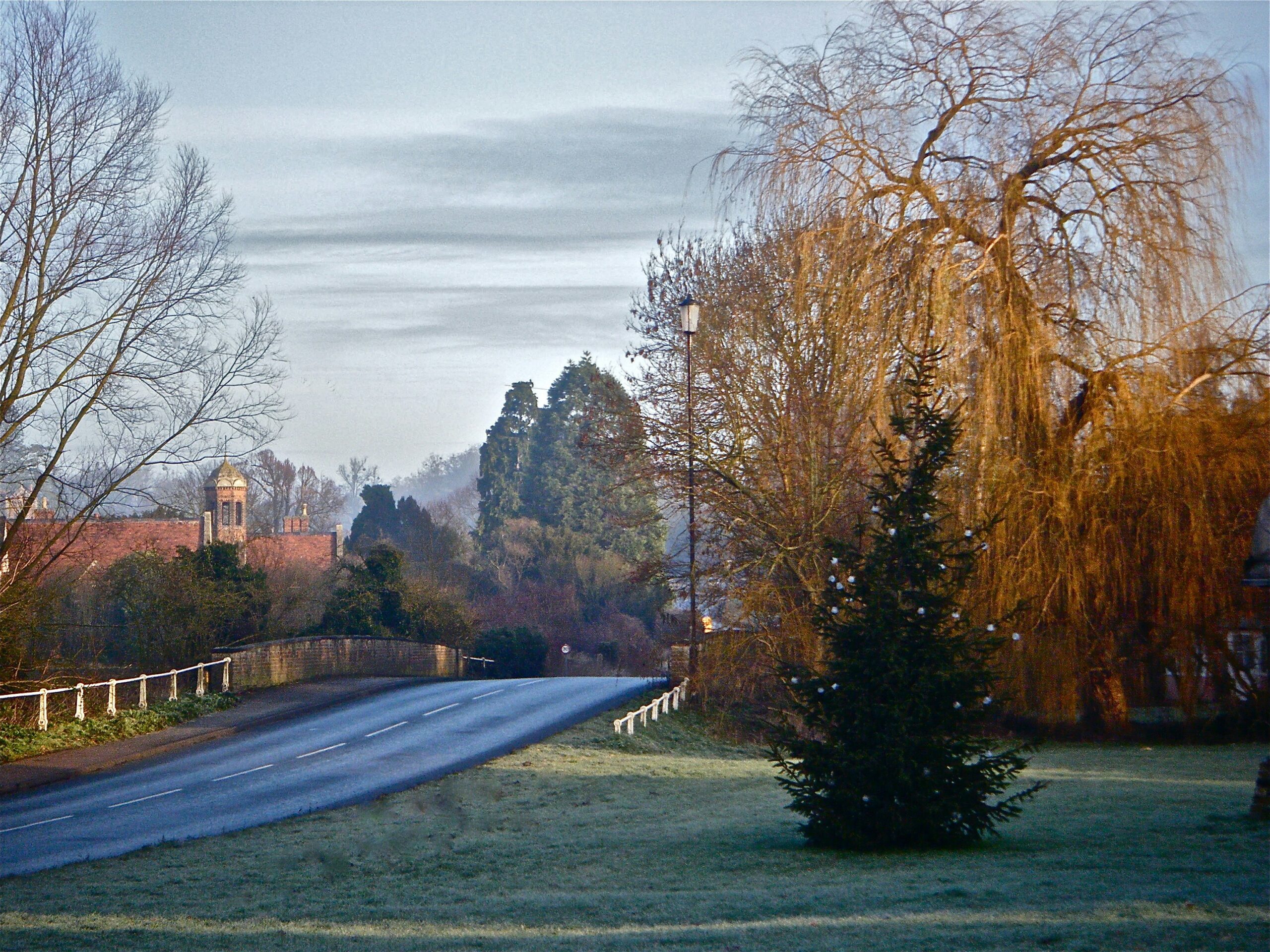The Benefits of Slow Travel for Families
It can be tempting to treat a family road trip like a race, trying to cram in as many towns, attractions, and landmarks as possible. After all, the goal is to see the sights and experience new things. However, more travelers are discovering that slowing down and staying longer in fewer destinations leads to a richer, more rewarding experience.
Slow travel is about getting to know a place beyond its postcard-perfect views and giving your family the chance to settle into a rhythm that makes the journey as enjoyable as the destination.
Why Slow Travel Works for Families
Families, especially those with children, benefit from a less frantic pace. When you’re not packing up the car every morning, you have time for leisurely breakfasts, impromptu playground visits, and deeper conversations with locals. Kids get the chance to make temporary friends, and parents can relax knowing there’s no pressure to rush to the next stop.
In the U.K., slow travel also means you can take the time to enjoy the country’s unique regional personalities. From the soft, rolling hills of the Cotswolds to the rugged coastline of Cornwall, each area has its own rhythm, cuisine, and customs that are easy to miss if you’re constantly on the move. Staying in one place for several days allows you to discover hidden walking trails, independent shops, and family-run cafés that you’d never spot from the car window.
Choosing the Right Base
The key to successful slow travel is choosing a base that works for your family’s needs. Ideally, it should be somewhere comfortable, with good facilities, and offering enough variety in the surrounding area to keep everyone entertained. Coastal towns, countryside villages, and historic market towns can all make excellent hubs.
Accommodation plays a big role in this decision. Hotels and holiday cottages are popular choices, but for families looking for flexibility and value, it’s worth exploring seasonal or short-term stays in residential caravan parks. While these parks are primarily designed for long-term residents, many offer off-season rentals or “try before you buy” options when a home is between owners. These stays can provide a cozy, self-contained home with the added bonus of on-site amenities and a friendly, community atmosphere.
Living Like a Local
Staying longer in one spot allows you to live more like a local, even if it’s just for a week or two. You can shop at the same weekly market, get to know the staff at the corner café, and learn which footpaths lead to the best viewpoints. Kids can ride their bikes around the same park, and you’ll start to recognize familiar faces on your morning walk.
This familiarity creates a sense of belonging that can be hard to achieve when you’re constantly moving on. It’s also an opportunity to teach children about respecting communities and the environment, showing them how to travel in a way that supports the places they visit rather than just consuming them as a checklist.
Day Trips Without the Baggage
A slower pace doesn’t mean you have to stay put the entire time. In fact, one of the joys of slow travel is the ability to take unhurried day trips without the stress of changing accommodation. If your base is well-located, you can explore nearby towns, nature reserves, or attractions and return home in time for dinner.
This is where having a comfortable and well-equipped base really shines. After a day out walking the Jurassic Coast or visiting a castle, it’s a relief to come back to familiar surroundings where you can relax, cook a simple meal, and recount the day’s highlights without feeling like you’re in constant transit.
The Lasting Benefits
Families often return from slow travel experiences with stronger bonds, fresher perspectives, and a store of inside jokes and shared memories that come from truly experiencing a place together. The smaller number of destinations visited becomes less important than the quality of the time spent.
Slowing down also encourages more sustainable travel. By reducing the number of miles driven, you lower your environmental impact, spend more with local businesses, and create less strain on popular tourist areas.
In the end, slow travel is less about seeing everything and more about seeing enough. In the U.K., with its wealth of history, natural beauty, and community spirit, staying longer in fewer places may just be the most rewarding way to explore. Whether you find your base in a bustling seaside town, a tranquil village, or a welcoming residential caravan park, the memories you make will last long after the trip is over.



